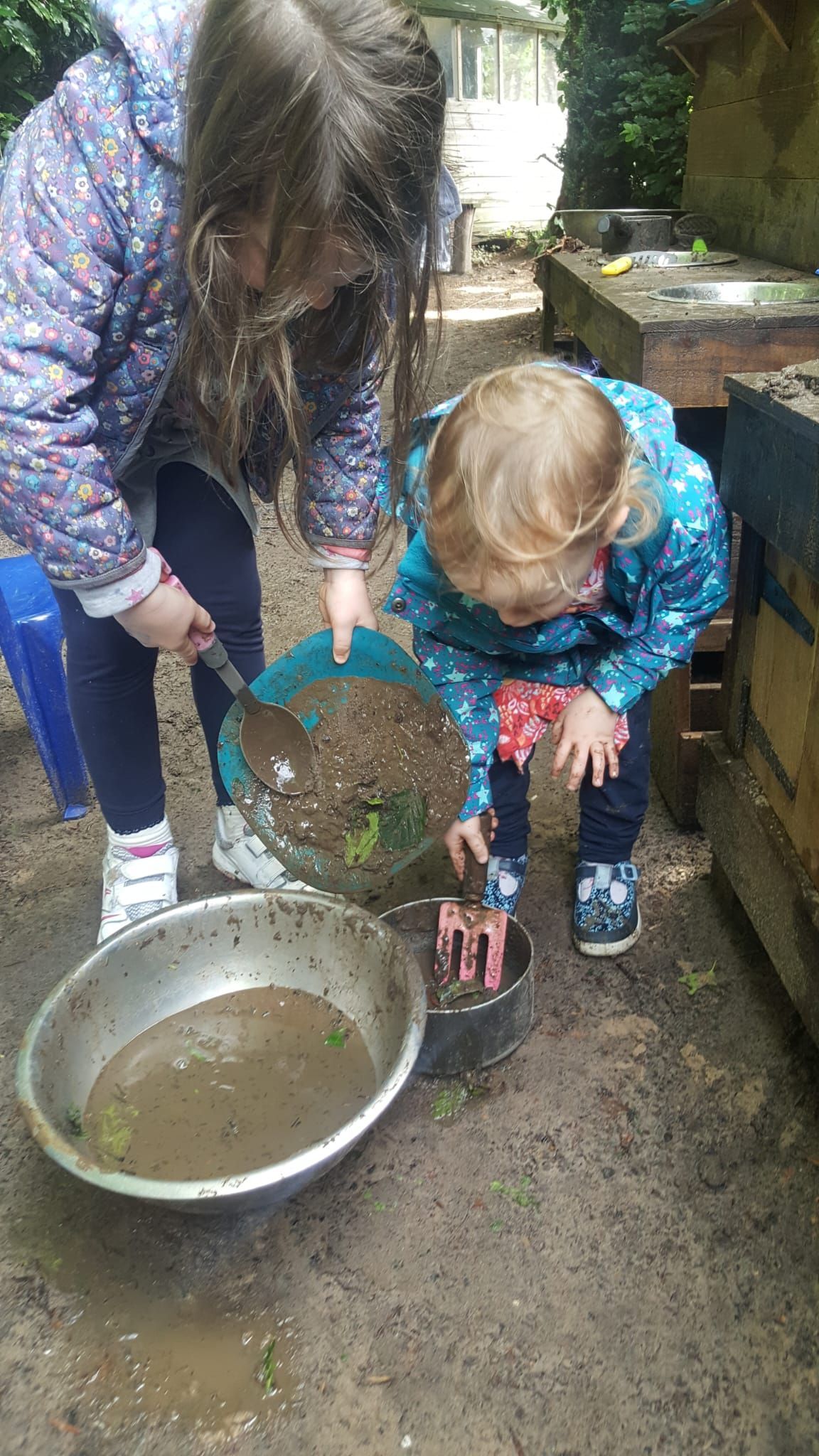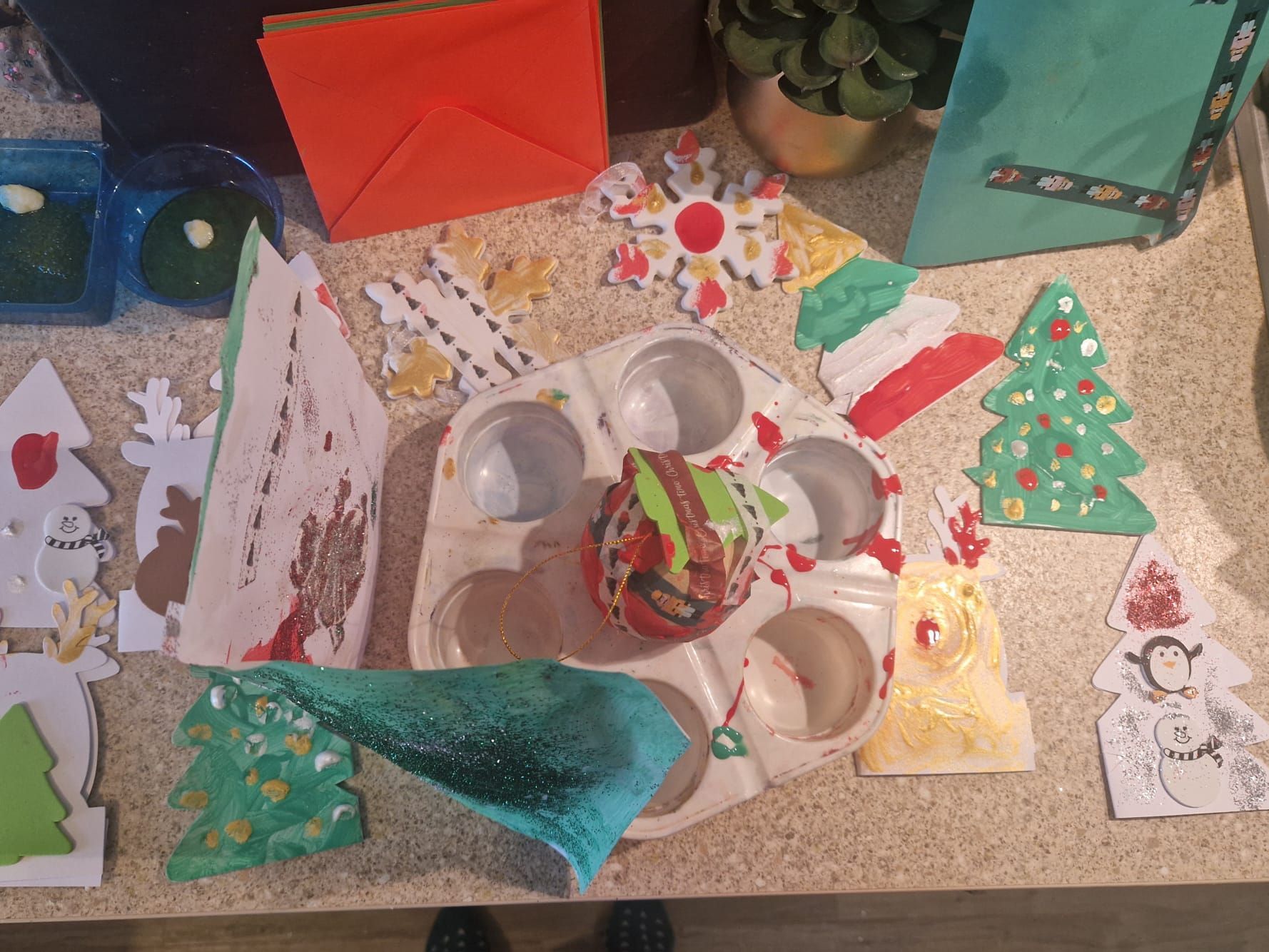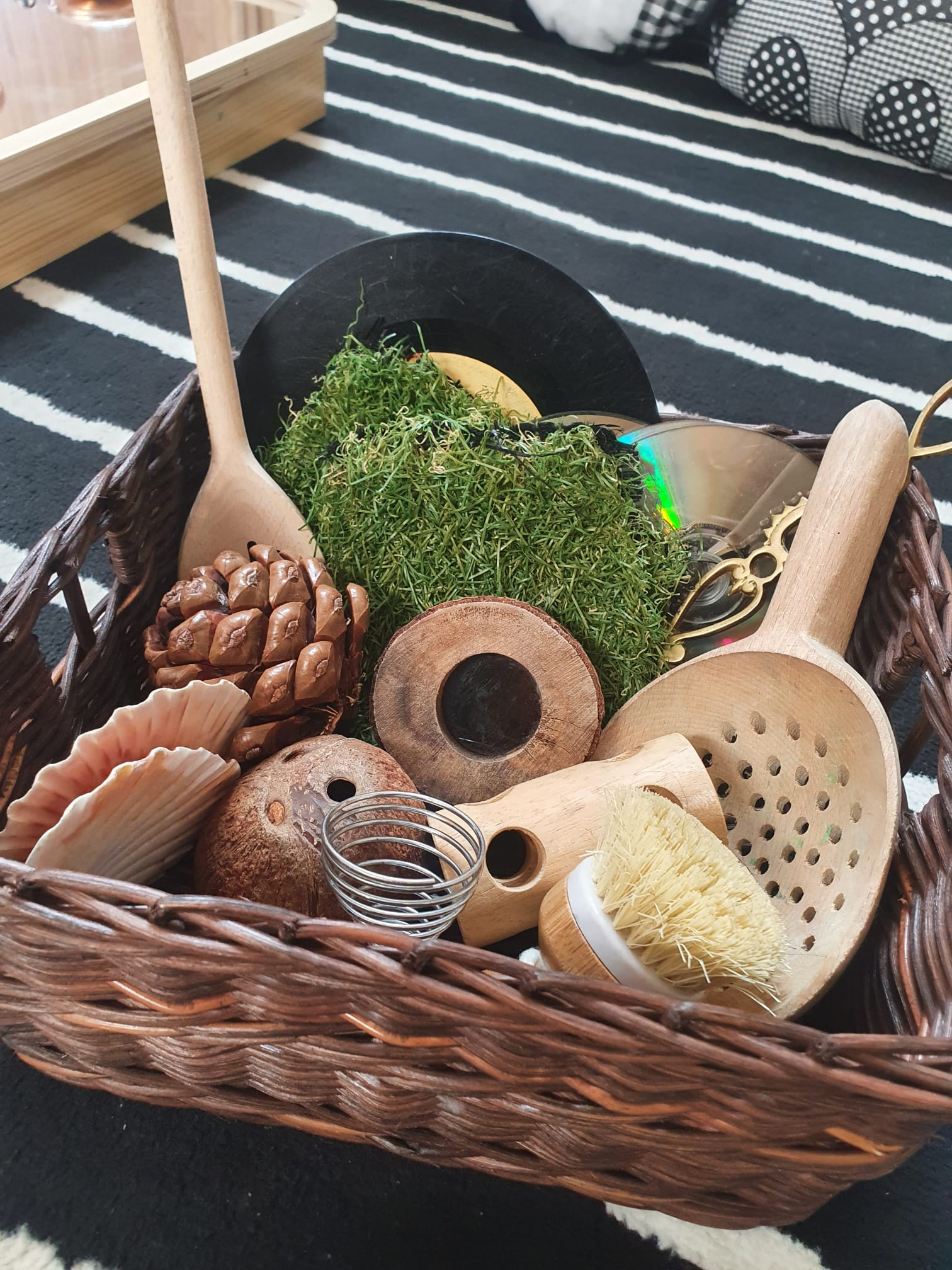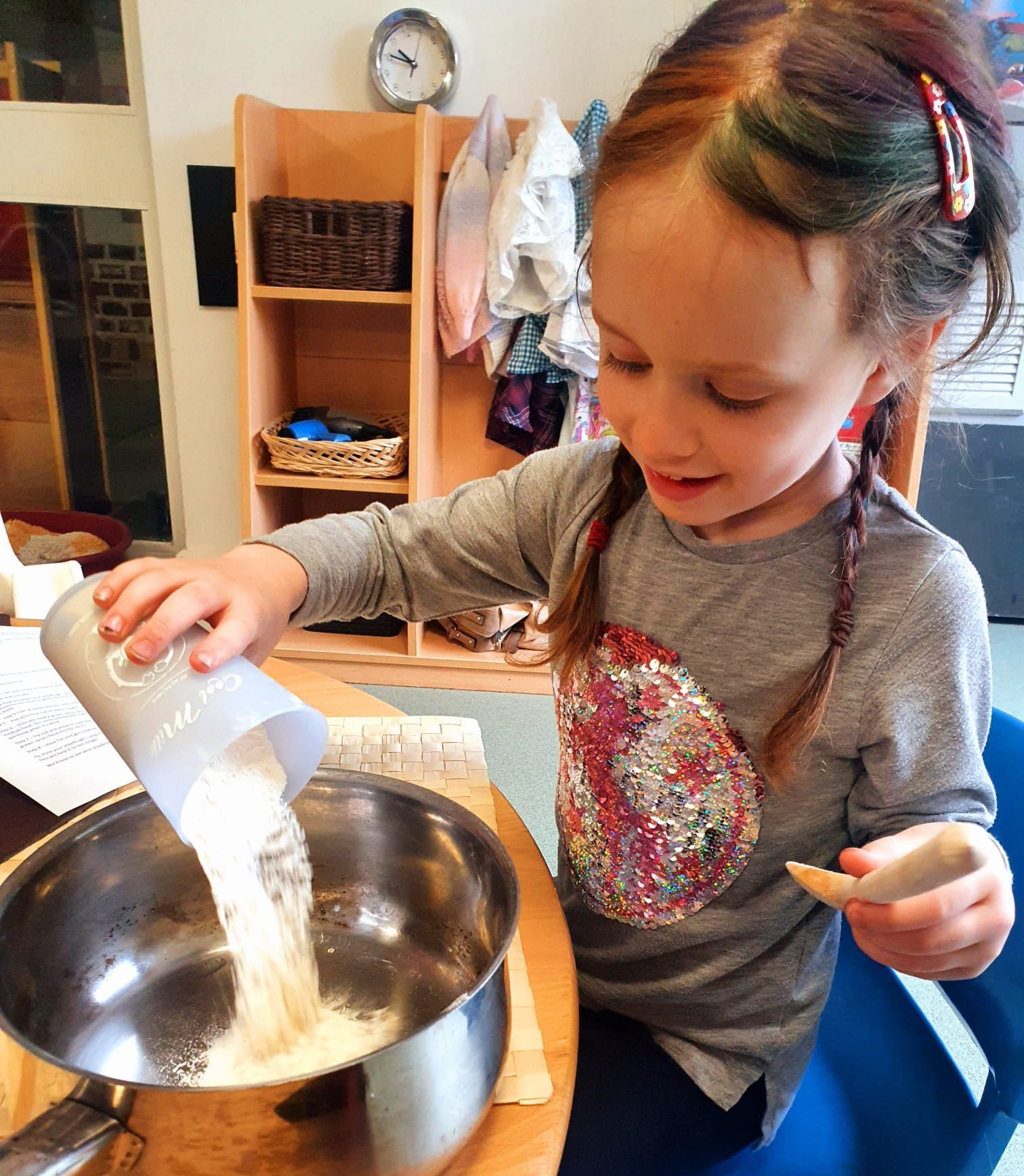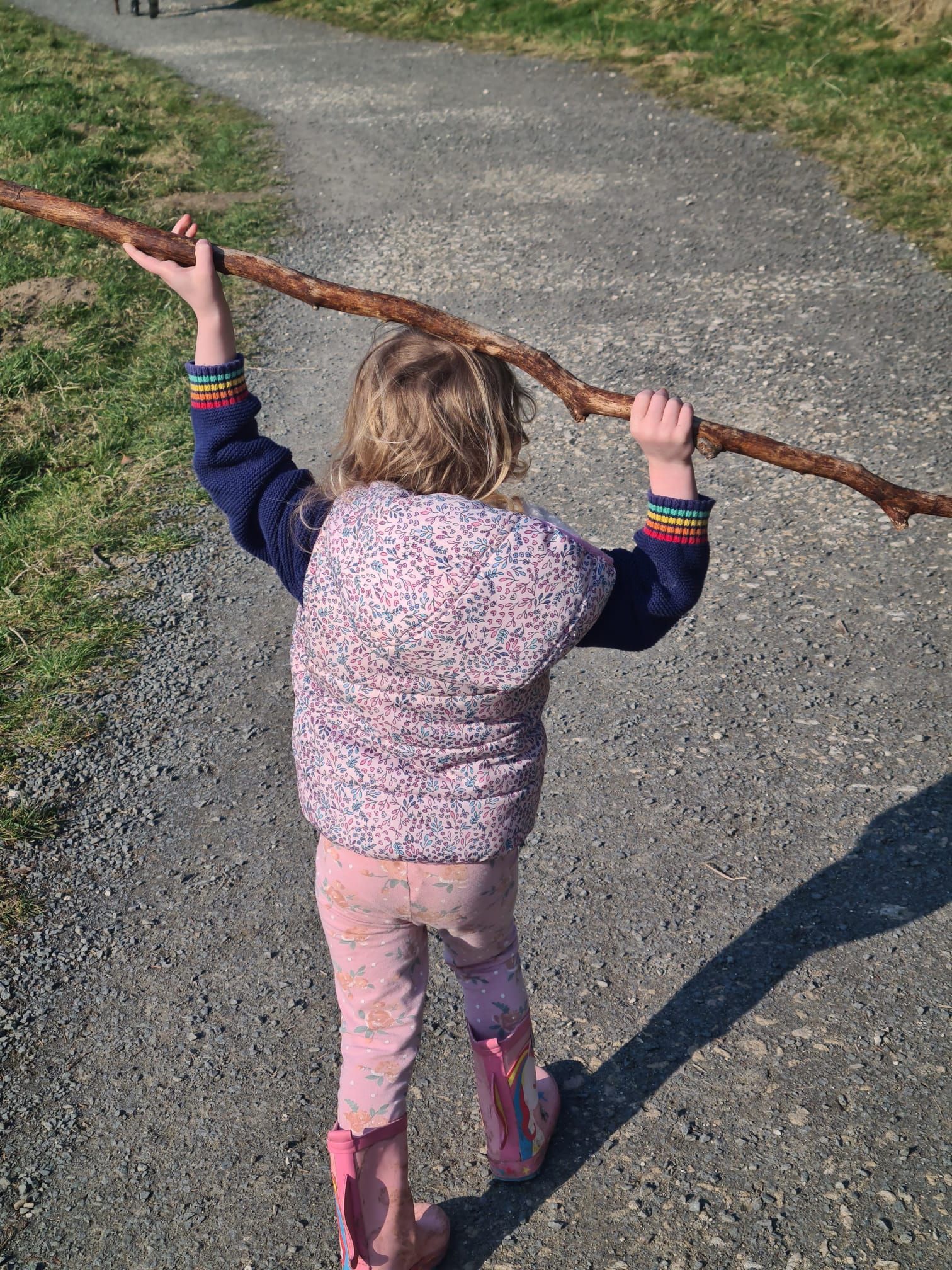My Essential Early Years Book Shelf
I absolutely love children’s books – there are so many fantastic books out there and it can be hard to know where to start.
I started this as a top ten, but it was too tricky to narrow it down, so here is my list of essential Early Years books to have in your setting. It certainly is not an exhaustive list, but it is one that is full of books to enjoy with children that hopefully you will love as much as they do!
Shark in The Park – Nick Sharratt
A modern classic and always a favourite. I love a book that children can join in with and this one is a great example of that. Even from an early age, children will enjoy looking through their telescope for sharks and then very quickly start joining in with Timothy to shout “There’s a Shark in the Park”. If you love it, there are several “Shark in the….” books that you can get hold of to expand your collection!
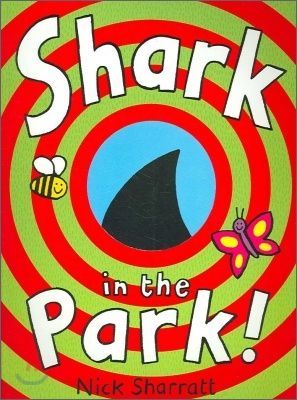

You Choose – Nick Sharratt and Pippa Goodhart
This is a lovely book which does exactly what it says on the tin. Each page asks a different question, and Nick Sharratt’s fab illustrations give options for children to choose from. This is a great book to spark conversation and encourage language with you little one while you discuss big questions like “if you could live anywhere where would you live?” and “is there a job you’d like to do?”
This book can serve as a fantastic conversation starter circle times or meals times with the children.
I am Enough – Grace Byers
The title says it all. A book which celebrates the fact that while we may all be different, we are all enough.
This is just such an important message for us to share with children, helping to build their own self-esteem and also being open and welcoming of people who are different to them.
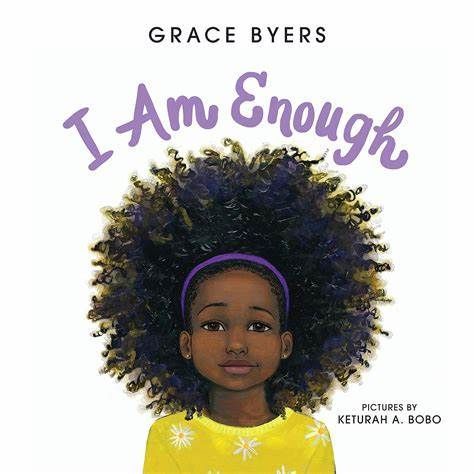
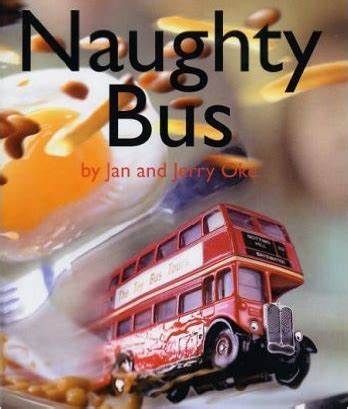
Naughty Bus – Jan and Jerry Oke
Not a very well known book, but one that is always popular. All about a bus that gets up to no good. Children love the photos which are used rather than drawings and, for older children, the interesting text can spark conversations around all sorts including grammar and descriptive writing! You can also have lots of imaginative fun, wondering what adventures the bus might get up to next.
Bodies are Cool – Tyler Feder
A relatively new book that I have fallen in love with. This book is all about body positivity which is so important to instil with our little people and it is full of diverse images of people from all walks of life. There is so much to talk about in the illustrations on each page that sparks interest and conversation from the children.
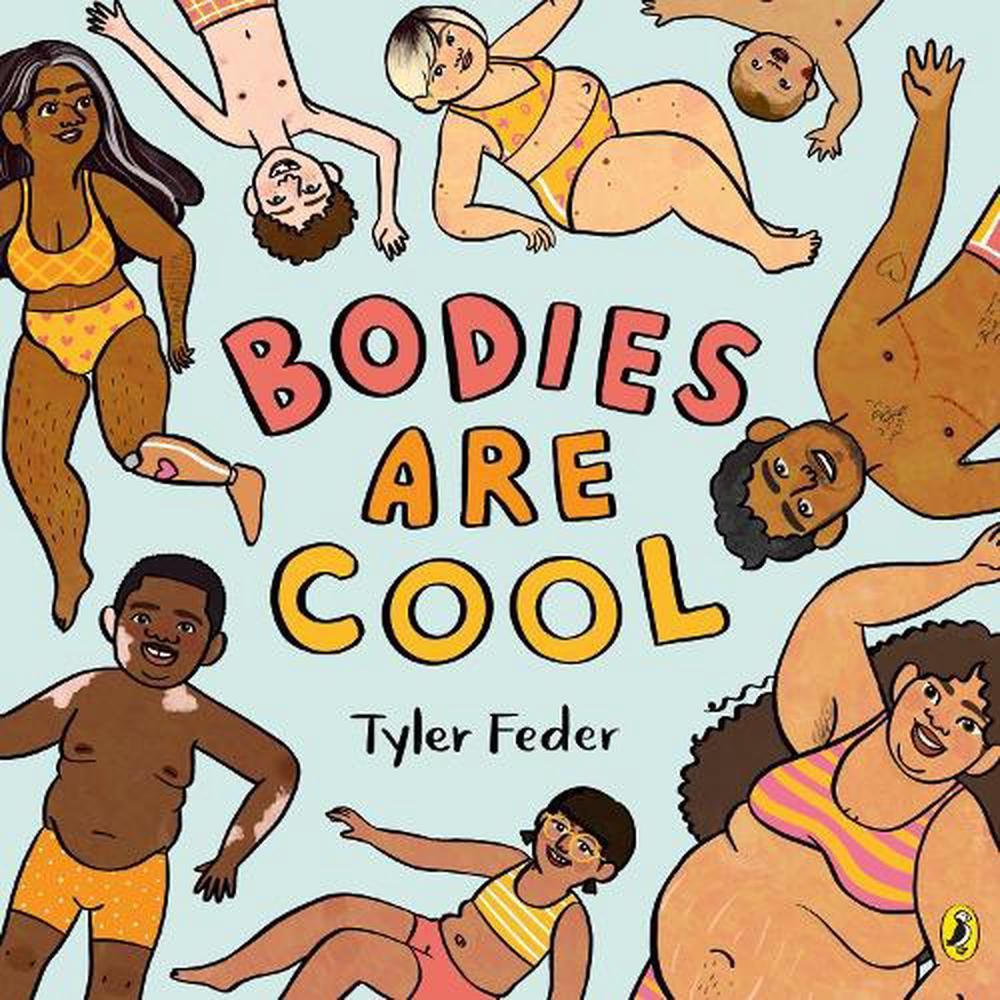
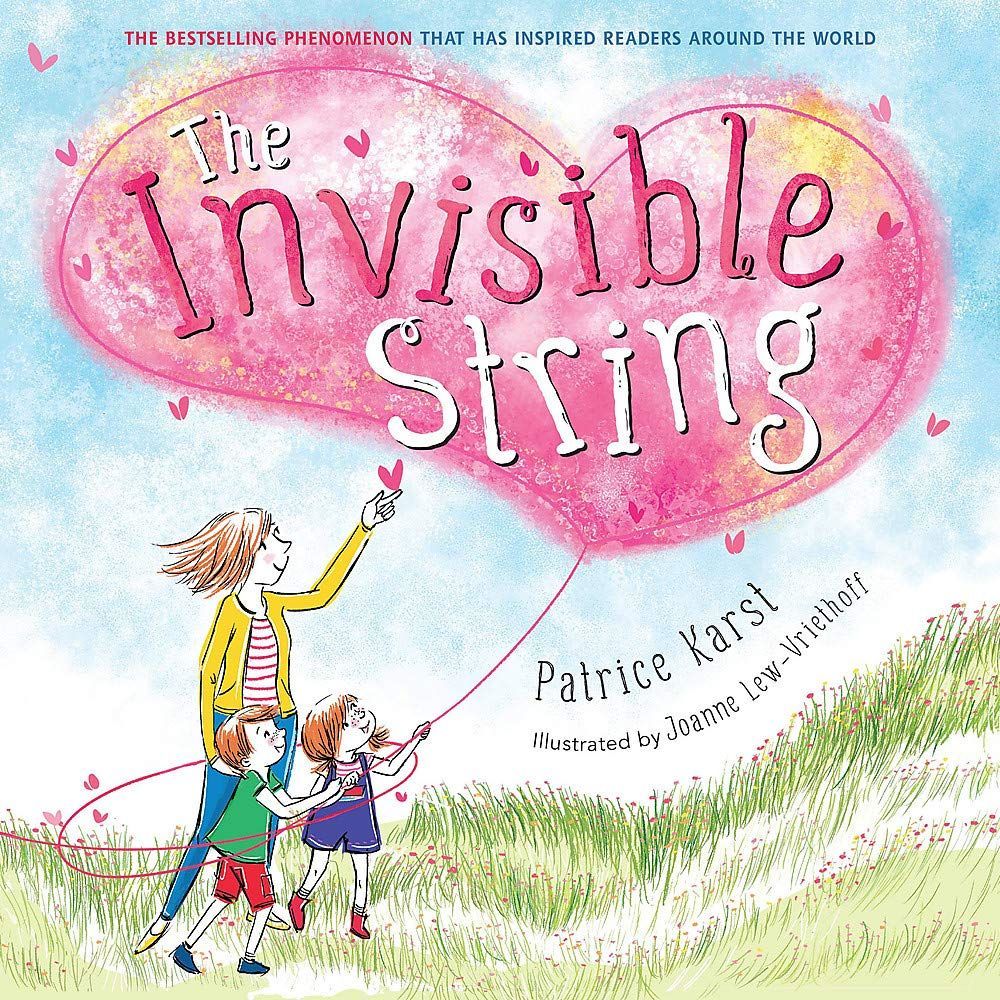
Invisible String – Patrice Karst
This a lovely story in it’s own right but one which is particularly useful to use when children are experiencing loss. The book talks about how we are attached to people we love by Invisible String, however far away they are and even if they are no longer with us.
Mae Among the Stars – Roda Ahmed
A lovely book about being able to achieve anything you set your mind to. A popular one with our many budding astronauts too!
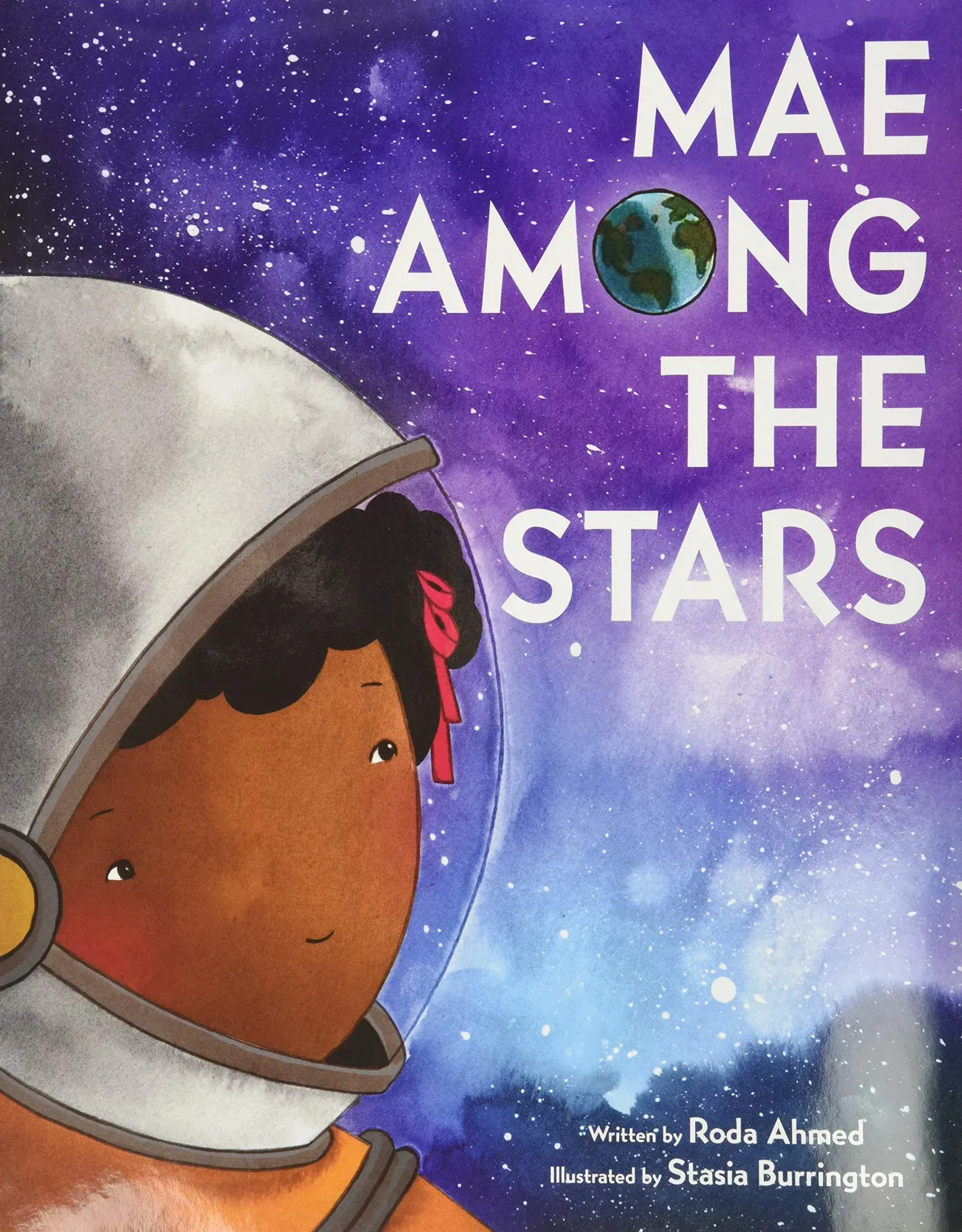
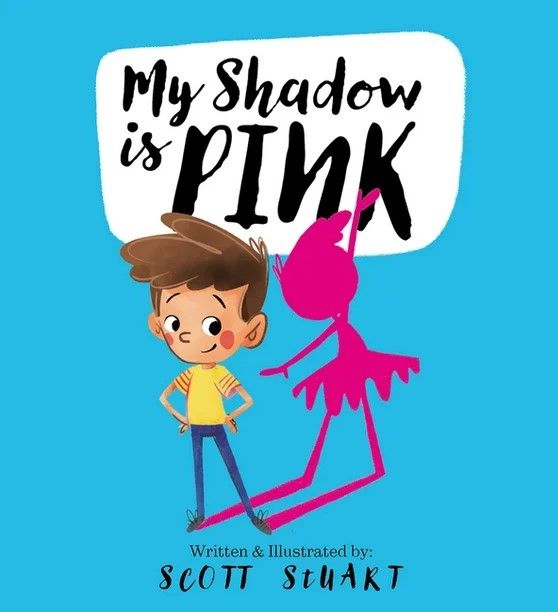
My Shadow is Pink – Scott Stuart
Another fairly new book which is all about equality, diversity and breaking down gender stereotypes. A lovely one to read to children as they are learning about what they love and we are teaching them that we are all different and have different interests, styles and personalities and that this isn’t just OK, it’s amazing – the world would be a pretty boring place if we didn’t wouldn’t it!?
This Is Not a Stick – Antoinette Portis
This one is a great example for the children of how they can use their imagination to make resources into lots of different things. A stick is a great place to start with this but then you can extend this with different resources – one of our favourite things is a box – endless possibilities!
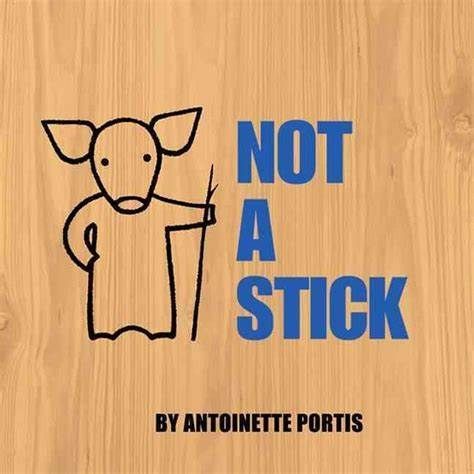
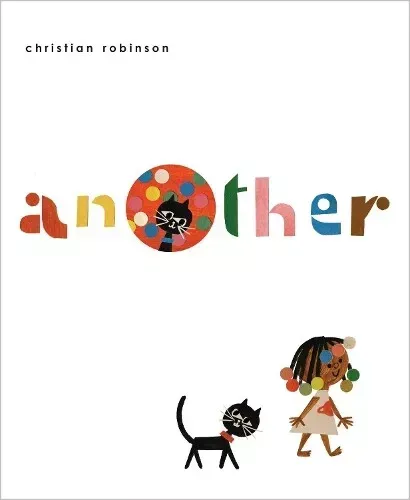
Another – Christian Robinson
A book with no words, just some gorgeous images. Books like this are fab as the story can be different every time as children talk through what they think is happening on each page and they can use their imaginations to build the story.
I Want my Hat Back – Jon Klassen
I absolutely love a Jon Klassen book, so this was tricky to narrow down but this one is my favourite I think. It encourages children to look at the pictures as well as listening to the story and the children find this sub text really funny – especially the ending!
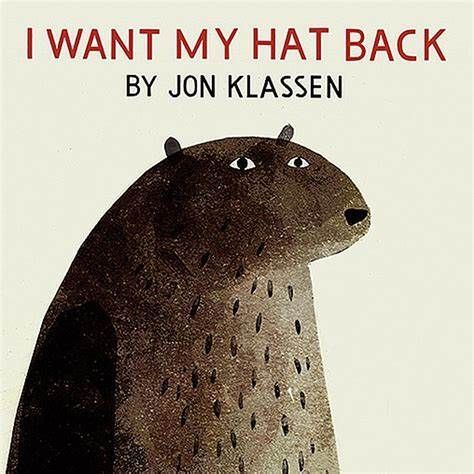
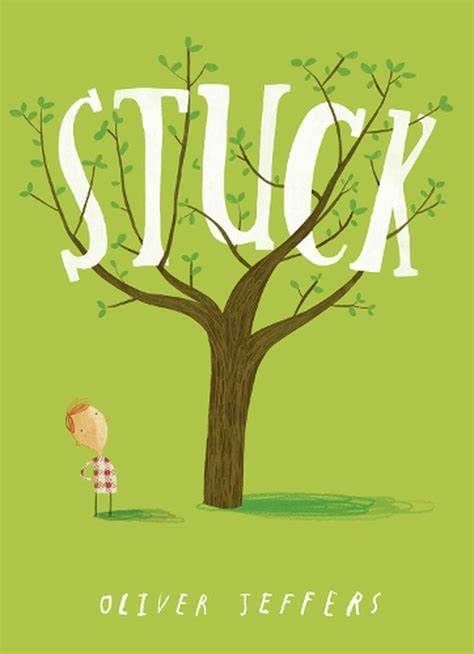
Stuck – Oliver Jeffers
Again, it was tricky to narrow this down to one Oliver Jeffers books but this one is one that gets picked up by children again and again. Another one that children find really funny and joyful, which is just so important – lots of ways of extending interests and learning from this one too.
Love Makes a Family – Sophie Beer
This one is a lovely book about family, and how, although all families are different, the most important this is love. Such an important message for children to be hearing and a lovely book for children coming from all sorts of families to feel included.
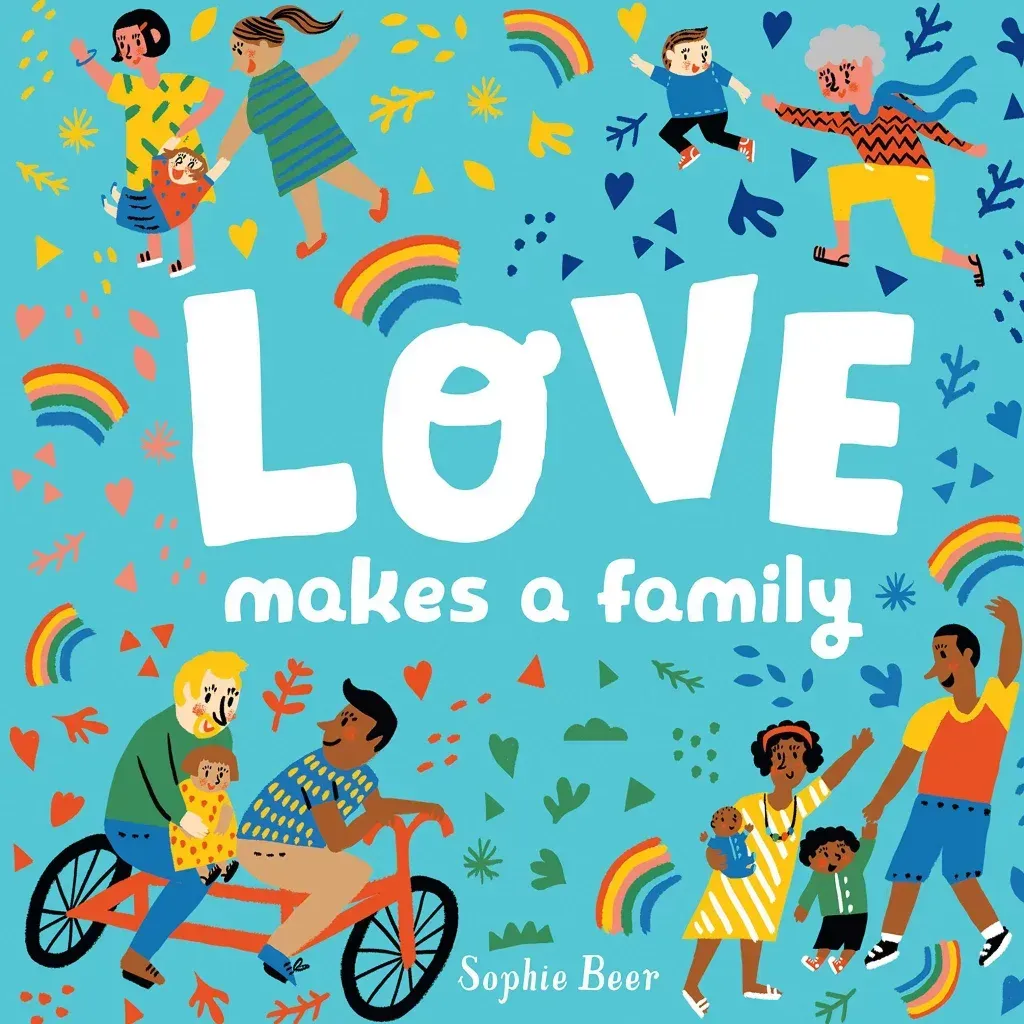
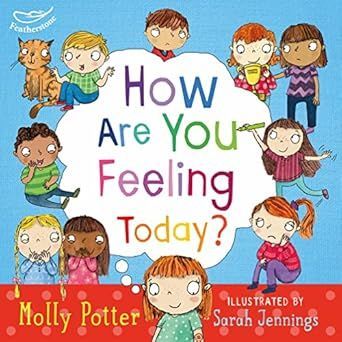
How Are You Feeling Today? – Molly Potter
A great book to support children with their emotions. With ideas of how to deal with a range of different emotions, this one isn’t a story book, but one that is great to share with children to help them with all the big emotions they feel in the Early Years. It’s also a great opportunity for children to come up with their own ideas of things they can do to manage their own emotions – lots of opportunities for co-regulation.
Press Here – Herve Tullet
A lovely book where children can carry out an action on each page and affect what happens on the next. Lots of opportunity for children to get involved and be engaged in the book.
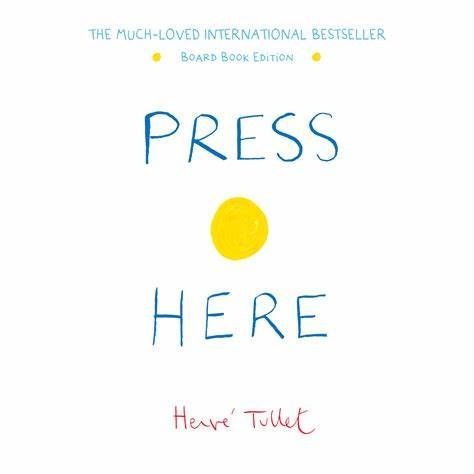
As I said, this was tricky to narrow down, and there are certainly lots more fabulous books that didn't make the list, as well as tonnes that I am yet to discover, but these are definitely some of my favourites that I really feel every Early Years setting should have.
I’d love to hear some of your favourites as well!
